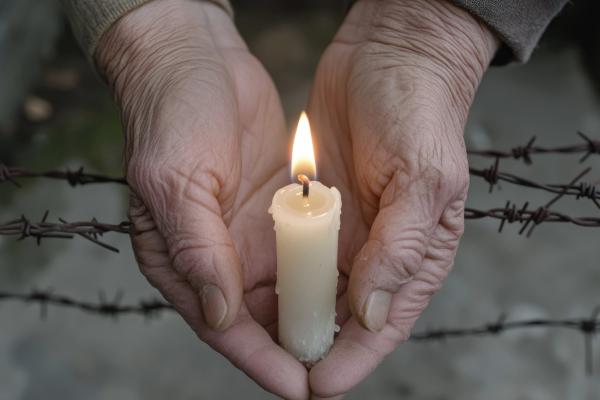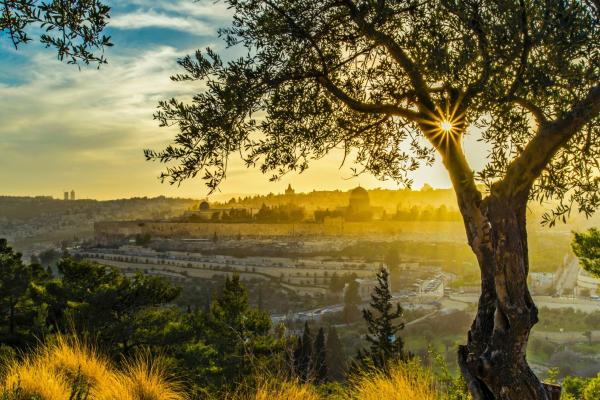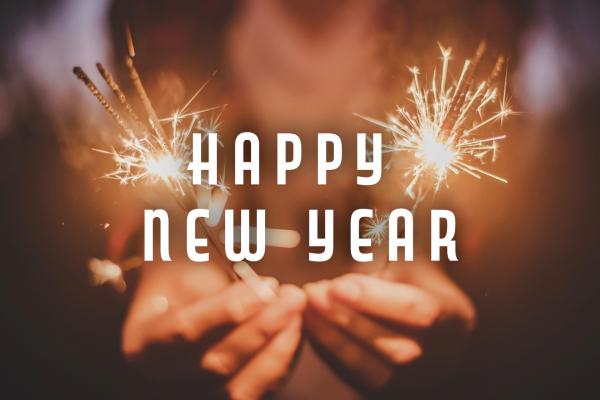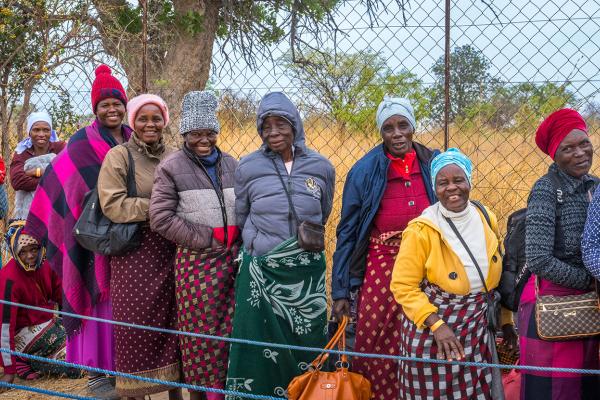Happy Jewish New Year!
Rosh Hashanah,or the Jewish New Year, begins at sundown October 2, 2016.
Leviticus 23:23-25 records God’s instructions for Yom Teruah, or the Feast of Trumpets. It was to be a day of rest on the first day of the seventh month (Tishrei). God called Israel to refrain from work on this day, to gather in a holy assembly, and to blow the shofar.
Through the course of Israel’s history, the belief that this was the exact day God created the world led rabbis to associate the Feast of Trumpets with “the head of the year,” which is the meaning of the term Rosh Hashanah. Today, Rosh Hashanah and the Feast of Trumpets are celebrated as the Jewish New Year.
 The Jewish calendar is different than the Gregorian calendar that most of the world uses. Months are based on the cycle of the moon and the year is 360 days long. The Jewish calendar has been turning over since the day of Creation, and according to rabbinic calculations, sundown October 2, 2016 will ring in the Jewish year of 5777.
The Jewish calendar is different than the Gregorian calendar that most of the world uses. Months are based on the cycle of the moon and the year is 360 days long. The Jewish calendar has been turning over since the day of Creation, and according to rabbinic calculations, sundown October 2, 2016 will ring in the Jewish year of 5777.
One of the most fascinating things about the Feasts of the Lord is that they each contain prophetic correlations to the Messiah. The Messianic prophecies within the Spring Feasts of Passover, First Fruits, and Shavuot were each fulfilled at Yeshua’s (Jesus’) first coming with His death, resurrection, and the giving of the Holy Spirit. Yeshua’s second coming will fulfill the prophetic meanings of the Fall Feasts.
Though no one knows the exact year, day, or hour of Yeshua’s return, many people believe that the rapture – or catching away of the Church – will occur on Rosh Hashanah. Scripture tells us that with the sound of a great trumpet blast, the Lord will descend, the dead in Messiah will rise, and those Believers who are alive “will be caught up together with them in the clouds, to meet the Lord in the air – and so we shall always be with the Lord” (1 Thessalonians 4:16-17).
Rosh Hashanah, like the Gregorian New Year, is a time to reflect on the previous year as well as the one ahead. Many practitioners of Judaism spend the month preceding Rosh Hashanah, the month of Elul, as a time of repentance in preparation for the High Holy Days of Rosh Hashanah and Yom Kippur (the Day of Atonement).
As people in Jewish communities reflect on their shortcomings and sins, they seek God’s forgiveness and His blessing for the coming year. They pray He will “seal” them in the Book of Life for another year.
For Believers in the Messiah Yeshua, we celebrate the incredible gift given to us in the death and resurrection of Yeshua. Through Him, we have received His righteousness by faith. He has given us His Holy Spirit as a pledge and our inheritance, declaring that He has sealed us in God’s favor for all eternity. “Thanks be to God for His indescribable gift!” (2 Corinthians 9:15).
In the coming year, may God grant you His peace in all things, and we pray that you experience the fullness of joy found in His presence (Psalm 16:11).












